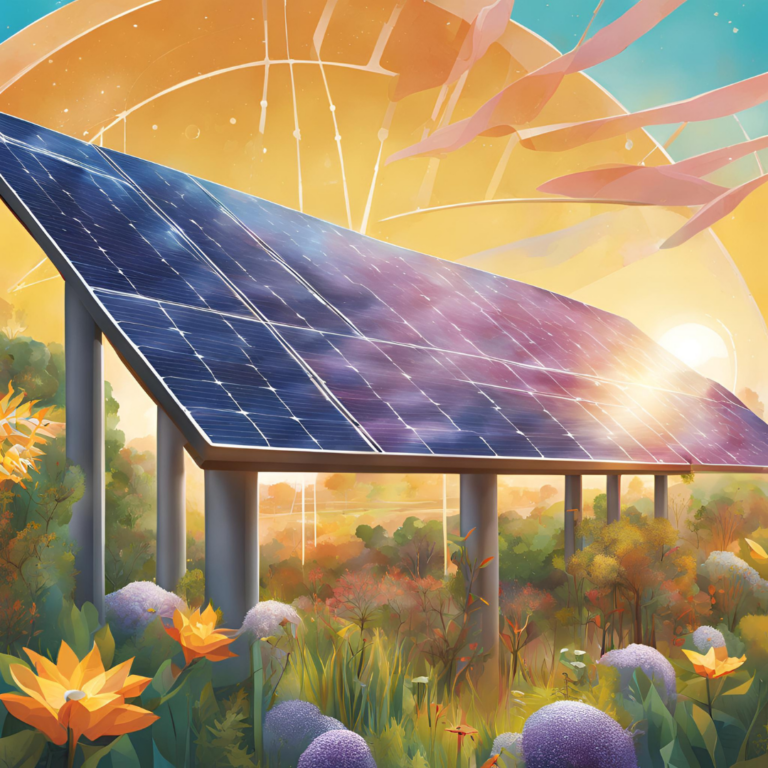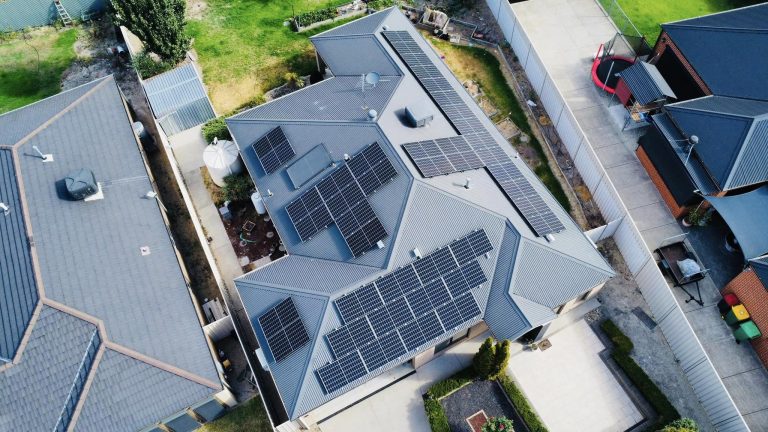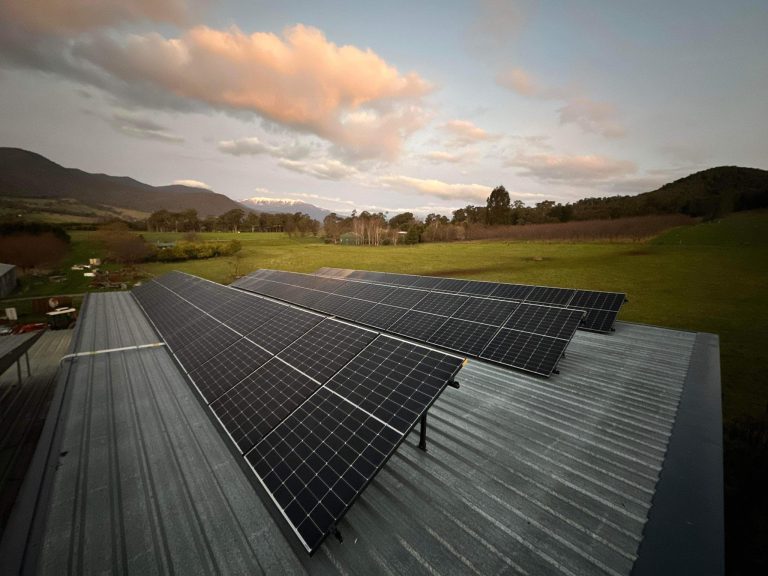Table of Contents
- Introduction to Solar Panels in Australia
- How Solar Panels Work
- Benefits of Installing Solar Panels
- Solar Panel Installation Process in Australia
- Cost of Solar Panels in Australia
- Solar Panel Maintenance
- Government Incentives and Rebates
- FAQs About Solar Panels
Introduction to Solar Panels in Australia
Solar panels have become an increasingly popular choice for homeowners and businesses in Australia, offering a clean, renewable energy source. As the sun is one of Australia’s most abundant natural resources, it makes sense to harness solar energy through solar panels.
Solar panels work by converting sunlight into electricity, and with Australia’s long hours of sunshine, this renewable energy solution is both practical and efficient. If you’re considering installing solar panels, it’s important to understand how they work and the benefits they offer. For more information, visit CESolutions, a leading provider of solar solutions in Australia.
How Solar Panels Work
Solar panels are made up of photovoltaic (PV) cells, which capture sunlight and convert it into direct current (DC) electricity. This electricity is then passed through an inverter to be converted into alternating current (AC), which is used to power your home or business. Australia has some of the best conditions for solar energy, making it an ideal place for solar panel installations.
Benefits of Installing Solar Panels
1. Save on Electricity Bills
One of the main reasons Australians are switching to solar panels is the potential to significantly reduce electricity bills. By generating your own electricity, you can cut down on the amount of power you need to buy from the grid.
2. Environmentally Friendly
Solar panels are a clean energy source, producing no harmful emissions during operation. They help reduce your carbon footprint, making your home or business more environmentally friendly. According to the Australian Renewable Energy Agency (ARENA), Australia is leading the world in renewable energy uptake.
3. Increase Property Value
Homes equipped with solar panels often have a higher resale value. Buyers are increasingly looking for energy-efficient homes, and solar power is a desirable feature.
Solar Panel Installation Process in Australia
The installation of solar panels in Australia is straightforward, but it’s essential to choose a certified installer. Most installations can be completed in a day, depending on the size of the system. Make sure your installer is Clean Energy Council (CEC) accredited, which ensures that the installation meets Australian standards.
Cost of Solar Panels in Australia
The cost of installing solar panels in Australia can vary based on the size of the system and the type of panels you choose. On average, a 5kW solar panel system costs between $5,000 and $8,000. However, government incentives and rebates can significantly reduce the initial cost.
Solar Panel Maintenance
Solar panels require minimal maintenance, but it’s important to keep them clean and free from debris. Occasional checks can help ensure they are functioning at peak efficiency. Cleaning your solar panels once or twice a year can optimize energy production.
Government Incentives and Rebates
Australia offers several government incentives and rebates for installing solar panels, making it more affordable to switch to renewable energy. The Small-Scale Renewable Energy Scheme (SRES) provides financial incentives for households and businesses that install eligible small-scale renewable energy systems such as solar panels. Check with CESolutions for advice on how to take advantage of these incentives.
FAQs About Solar Panels
1. How long do solar panels last?
Solar panels typically have a lifespan of 25 to 30 years. However, the inverter, which converts DC to AC, may need to be replaced every 10 to 15 years.
2. Do solar panels work on cloudy days?
Yes, solar panels can still generate electricity on cloudy days, although their efficiency may be reduced.
3. Can I add more solar panels to an existing system?
Yes, you can expand your solar panel system. It’s essential to consult your installer to ensure your inverter can handle the additional capacity.
4. Are there financing options for solar panels in Australia?
Yes, many companies offer financing options, allowing you to pay for your solar panel system over time. Some banks and financial institutions offer green loans specifically for renewable energy projects.
5. What happens to unused solar energy?
Unused solar energy is sent back to the grid, and in some cases, you can receive credits on your electricity bill through a process known as feed-in tariffs.
Conclusion
Solar panels are a smart investment for Australians looking to reduce energy costs and contribute to a greener future. With government incentives, minimal maintenance, and significant long-term savings, installing solar panels is a decision that pays off both financially and environmentally. Explore the benefits and get started with solar solutions by visiting CESolutions, your trusted partner in renewable energy.
External Links for Further Reading:
- Australian Renewable Energy Agency (ARENA) – A leading body supporting renewable energy projects in Australia.
- Clean Energy Council (CEC) – The governing body responsible for accrediting solar panel installers in Australia.
- Energy Matters – Provides in-depth information on solar panel costs and savings.



